Ricerca
-
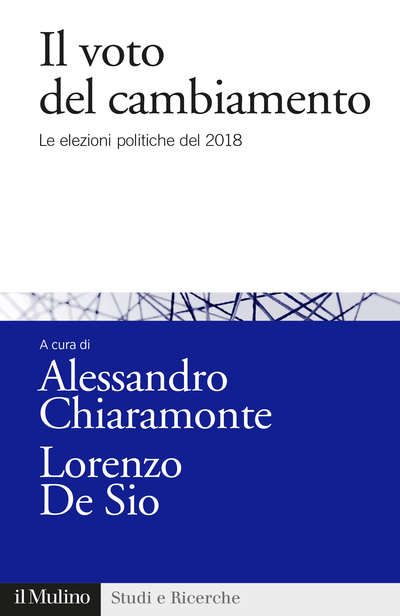
Il voto del cambiamento: le elezioni politiche del 2018
A guardare l’attualità e i commenti politici degli ultimi mesi, chiunque…
-
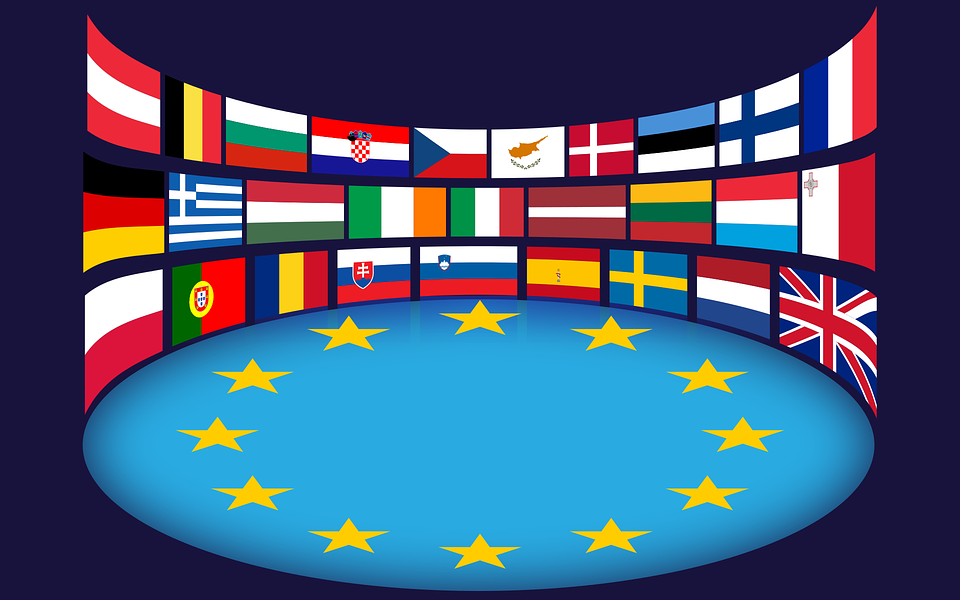
Disponibile online il dataset sulla volatilità elettorale nelle elezioni europee dal 1979
Siamo lieti di annunciare la pubblicazione del dataset sulla volatilità elettorale…
-
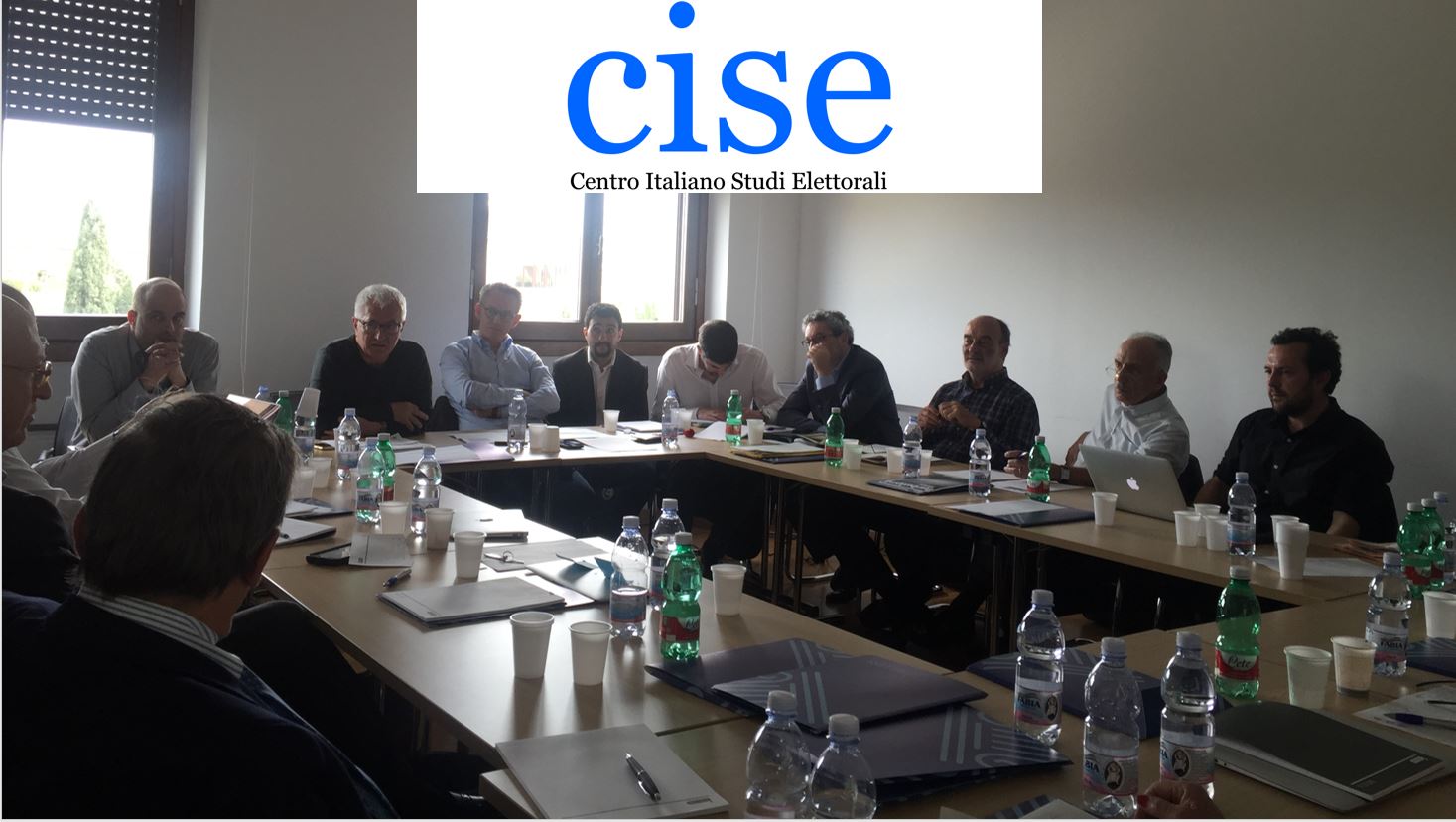
Presenting the Spring 2019 CISE Seminar Series
A multidisciplinary seminar series for empirical research on democratic representation The…
-
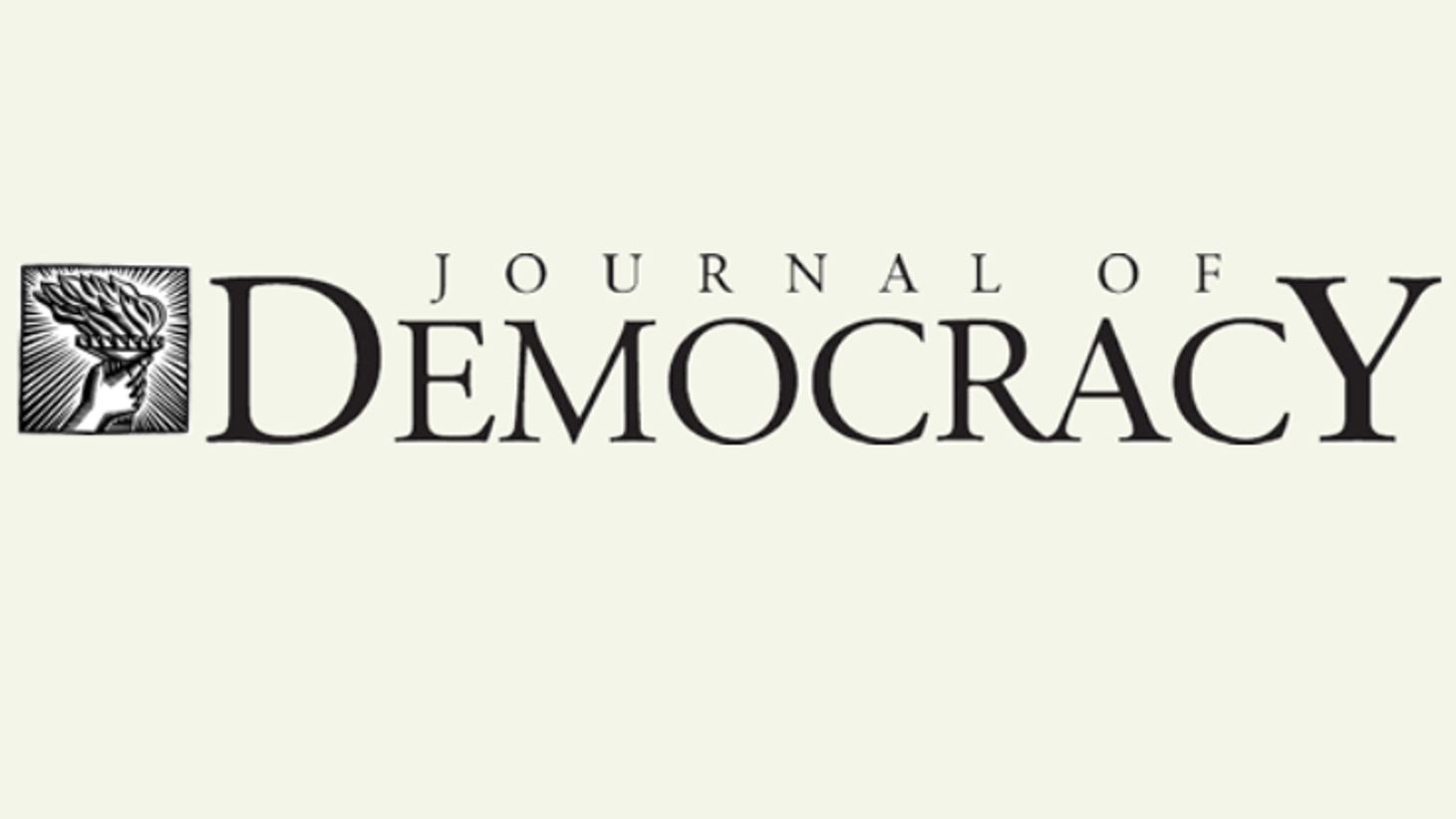
How the Populists Won in Italy
To cite this article: Roberto D’Alimonte, “How the Populists Won in…
-

Introducing the CISE Seminar Series
A multidisciplinary seminar series for empirical research on democratic representation The…
-
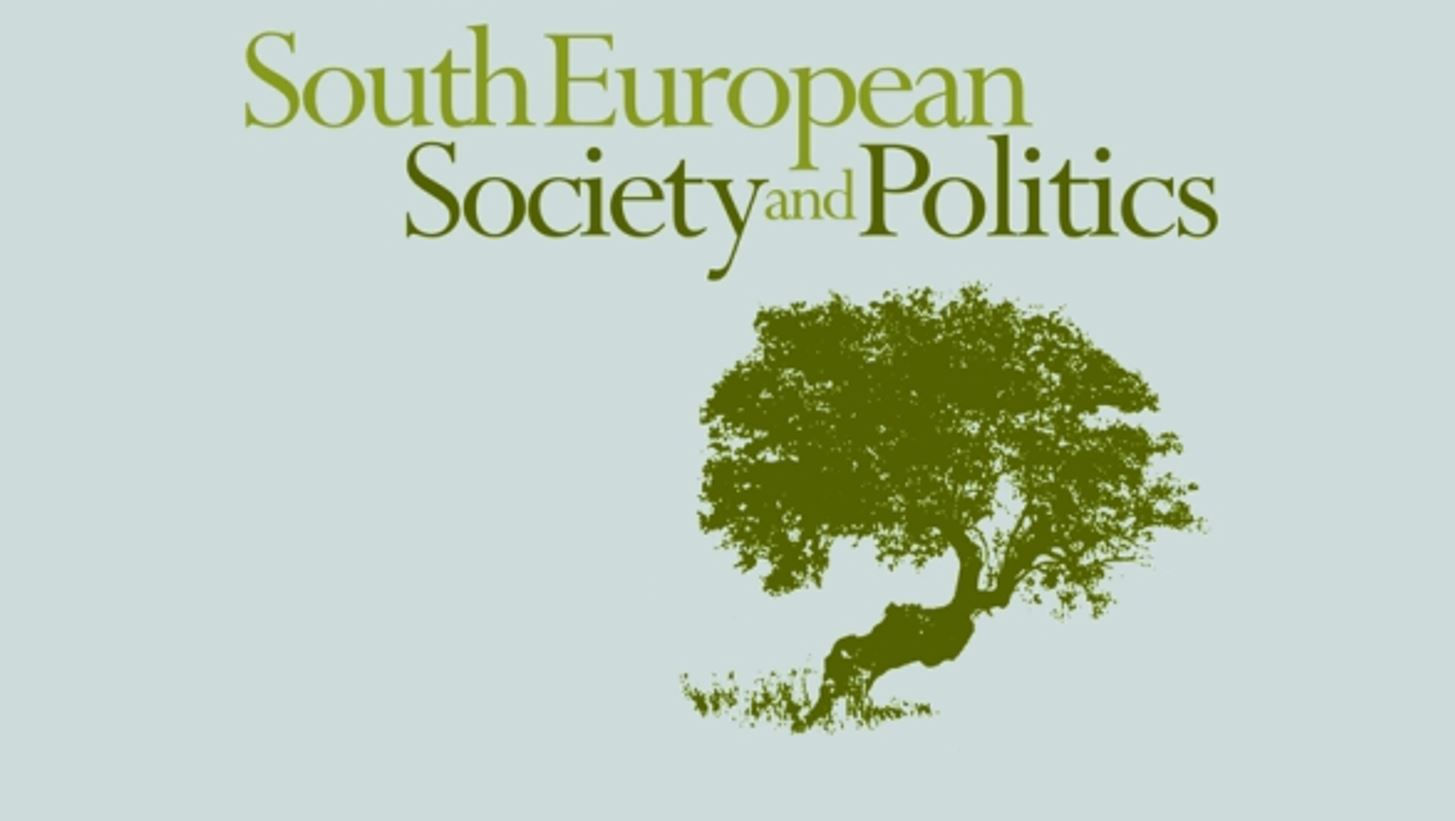
Populist Success in a Hung Parliament: The 2018 General Election in Italy
To cite this article: Alessandro Chiaramonte, Vincenzo Emanuele, Nicola Maggini, Aldo…
-

Challenger’s delight: The results of the 2018 Italian general election
To cite this article: Aldo Paparo, Challenger’s delight: The results of…
-

Cleavages, Institutions and Competition
Emanuele, V. (2018), ‘Cleavages, institutions, and competition. Understanding vote nationalization in…
-

Do citizens identify with a party? A new measurement of party identification tested in Italy
Aldo Paparo & Lorenzo De Sio (2017) PTV gap as a…
-

I cittadini hanno un partito in cui si identificano? Un test sull’Italia di una nuova misura di identificazione di partito
Aldo Paparo & Lorenzo De Sio (2017) PTV gap as a…